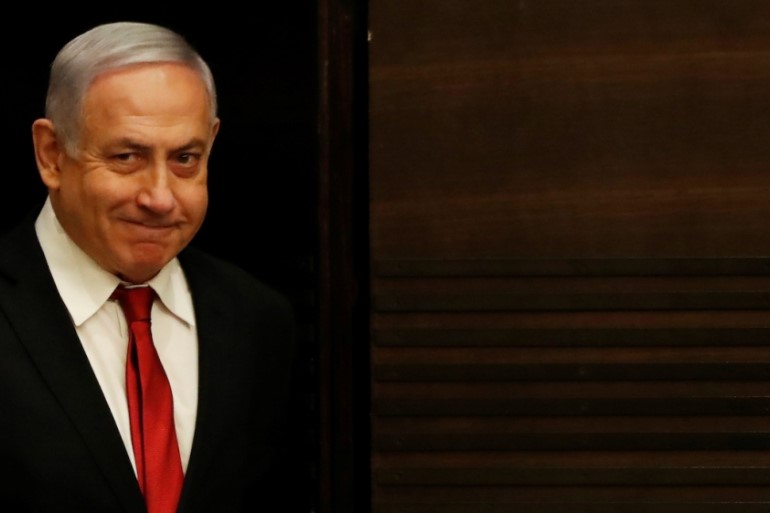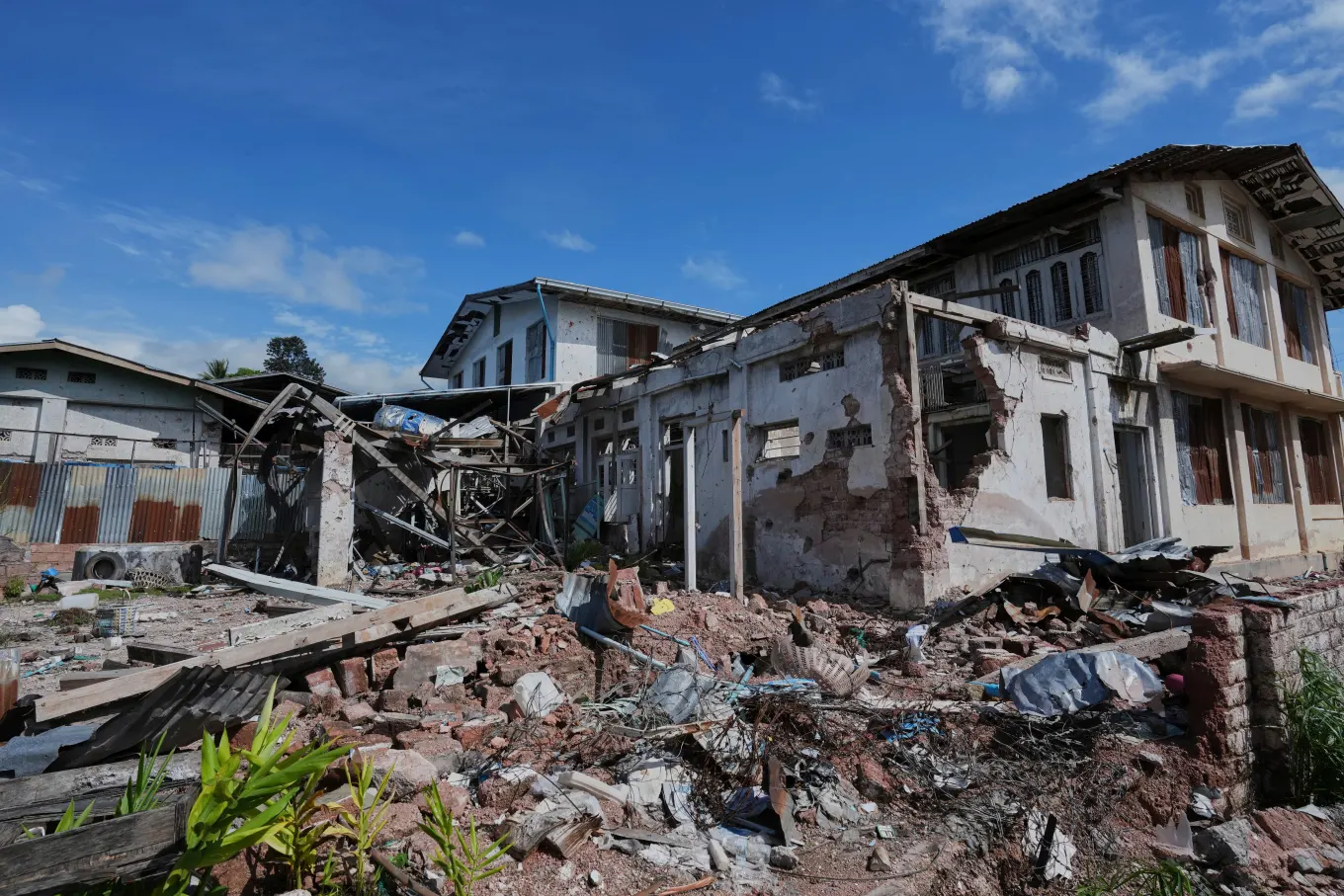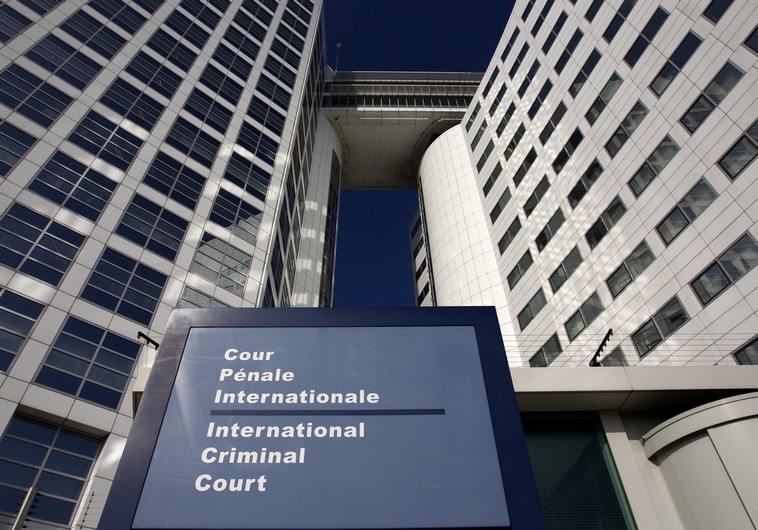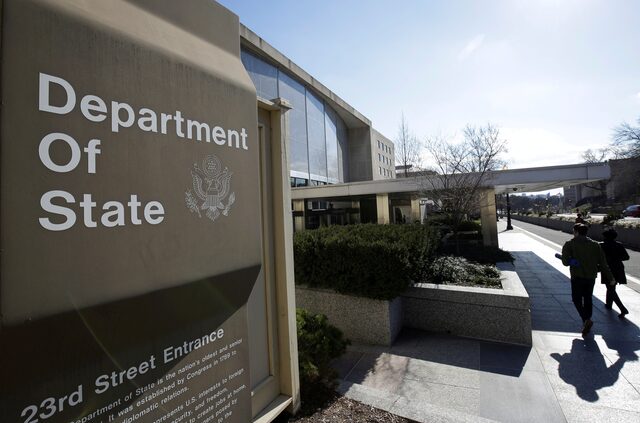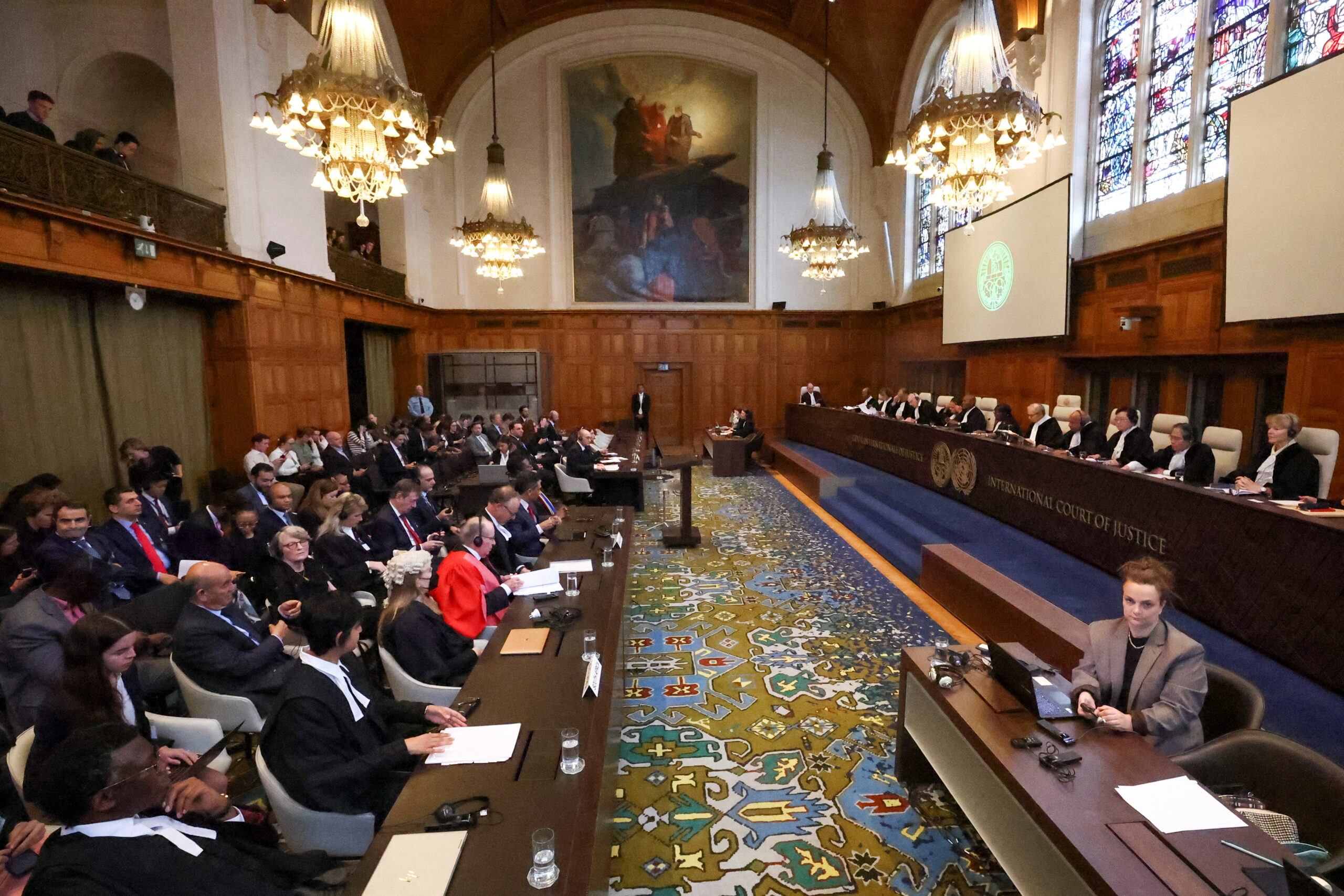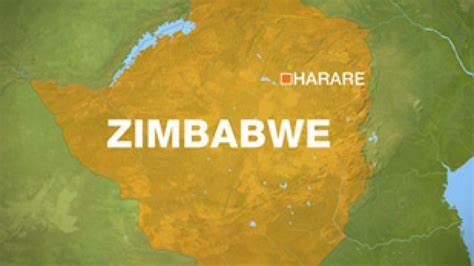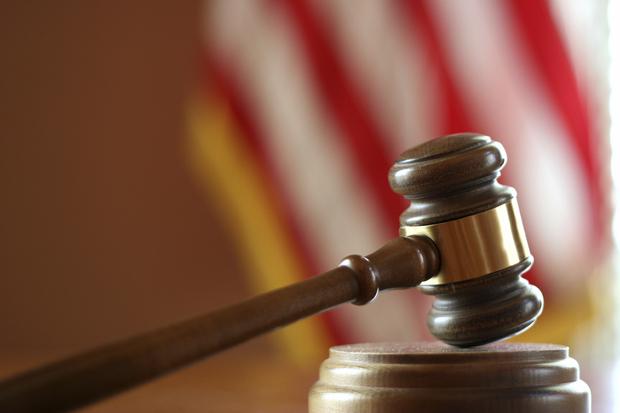International Court of Justice (ICJ) Issues Order on Sudan’s Request for Provisional Measures in Case Against the United Arab Emirates
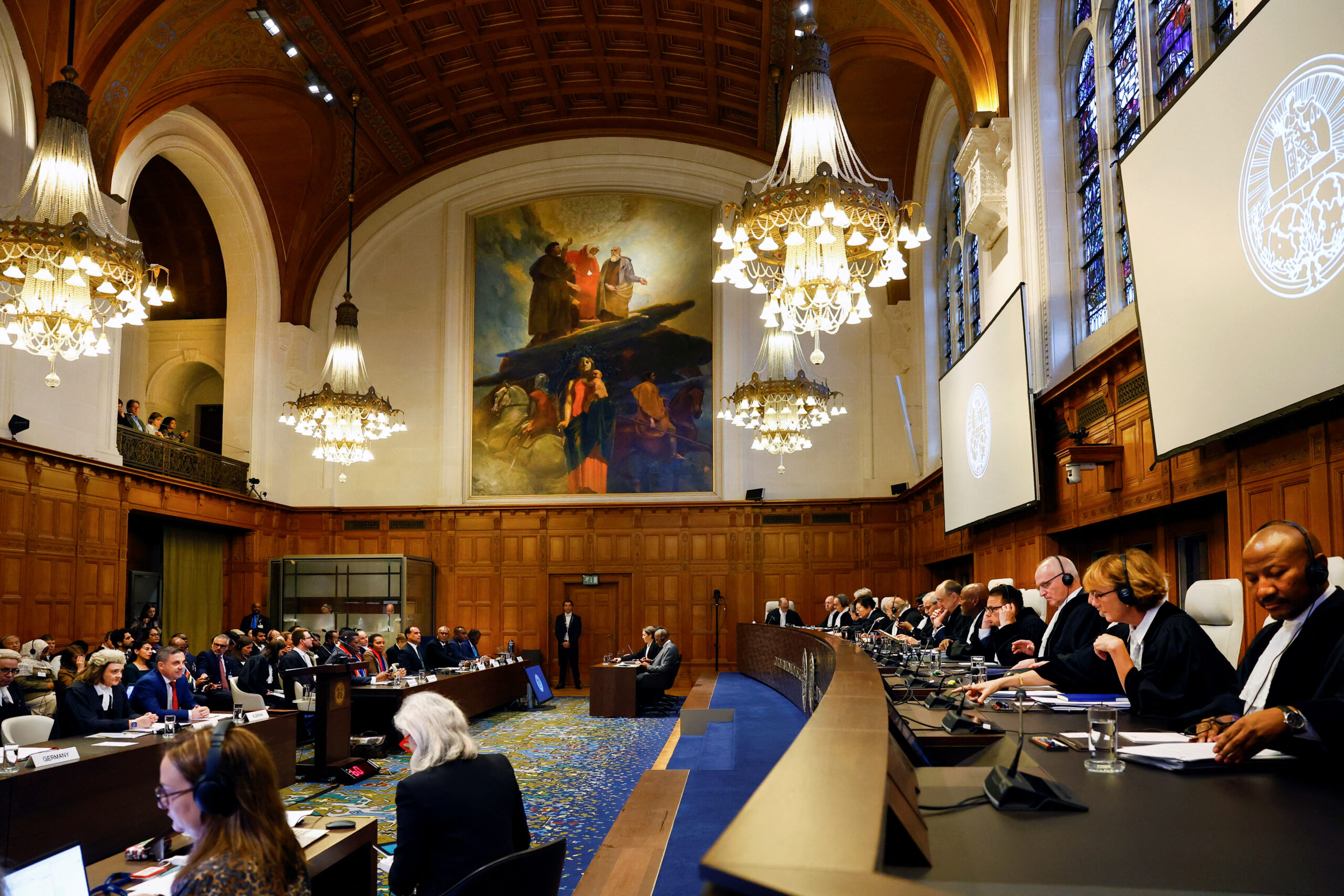
Archive/Al Jazeera.
The International Court of Justice (ICJ) is set to deliver an important ruling later today concerning a request from Sudan for provisional measures against the United Arab Emirates (UAE). The case revolves around allegations that the UAE has violated its obligations under the Genocide Convention, specifically in relation to the treatment of the Masalit ethnic group in Sudan, with a particular focus on the volatile region of West Darfur.
Sudan has called on the ICJ to take urgent action by implementing provisional measures, aimed at preventing further harm to the Masalit people, who have endured years of violence, displacement, and persecution due to the ongoing conflict in Darfur. The country’s request centres on allegations that the UAE’s actions have contributed to the continuation of atrocities and that immediate measures are necessary to protect this vulnerable group.
The case is of considerable international significance, as it touches on the broader issue of enforcing the Genocide Convention, a treaty designed to prevent genocide and hold accountable those responsible for such heinous acts. Should the ICJ rule in Sudan’s favour, provisional measures could include orders for the UAE to halt any activities exacerbating the crisis in Darfur and to cooperate with international efforts to safeguard the Masalit people.
At present, the UAE has yet to formally respond to the specific allegations, but the case has already sparked considerable attention from human rights organisations and international legal experts. The forthcoming decision of the ICJ will be closely scrutinised, as it could set an important precedent in the enforcement of obligations under international law, particularly concerning the prevention of genocide.
The court’s decision, expected later today, could provide critical clarity on the next steps in this case, determining whether urgent measures will be put in place to protect Sudan’s most vulnerable populations. It will also highlight the role of international legal mechanisms in holding states accountable for their actions on the world stage, particularly when the protection of human rights is at stake.
As Sudan waits for the verdict, the international community remains on edge, watching closely to see whether the ICJ will take immediate action to prevent further suffering for the Sudanese people, while setting a clear standard for the enforcement of genocide prevention under international law.
Agencies.


